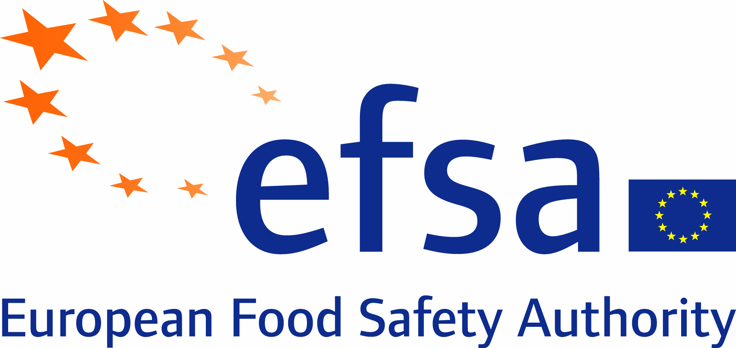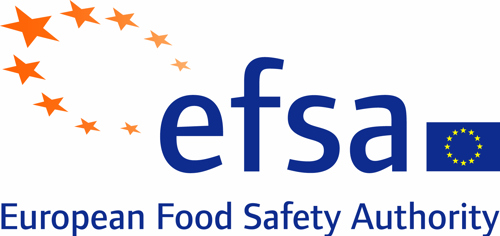EU Collaboration
Article
|Updated
Since the inception of the EEA Agreement in 1994, Norway has participated in an increasing number of EU programmes and agencies. These agencies assist the EU and its Member States and play an important role both in policy formulation and implementation of national legislation. The Norwegian Institute of Public Health contributes in the policy areas of health and environment.
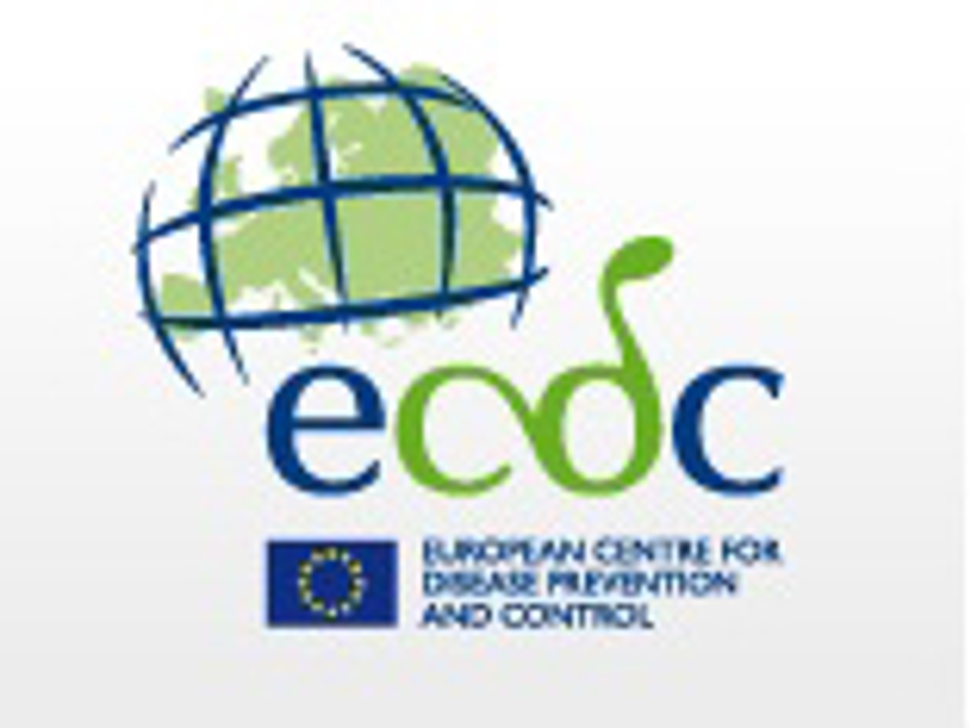
European Centre for Disease Control (ECDC)
The ECDC was established to strengthen Europe’s preparedness against infectious diseases. ECDC cooperates with national health authorities across Europe to strengthen and develop European disease surveillance and early warning.
The Norwegian Institute of Public Health is a Co-ordinating Competent Body, i.e. the Norwegian contact point with responsibility for co-ordinating general ECDC co-operation. The institute has a permanent representative in the Advisory Forum, while a number of the institute’s staff participate in networks, expert/specialist groups and at specialist meetings. The institute also participates in several programmes/projects and initiatives financed by the ECDC.
The World Health Organization (WHO) is one of the ECDC’s most important strategic partners. ECDC experts regularly contribute to the technical work of the WHO on infectious diseases and the ECDC participates in the WHO Global Outbreak Alert and Response Network (GOARN). The ECDC and the WHO/Europe co-operate closely on influenza surveillance and initiatives related to training and capacity building.
European Chemicals Agency (ECHA)
The ECHA is the driving force behind the implementation of the EU’s pioneering chemicals legislation, REACH. The agency focuses on ensuring that chemicals are used in a secure and responsible manner for the good of public health and the environment.
In Norway, the Ministry of the Environment, through the Climate and Pollution Agency (Klif), is the national contact point for the ECHA. The Norwegian Institute of Public Health performs chemical assessments, classification, labelling and risk assessment at the request of the Climate and Pollution Agency. In addition, researchers from the institute participate as specialist advisers in ECHA expert groups along with experts from the Climate and Pollution Agency.
European Food Safety Authority (EFSA)
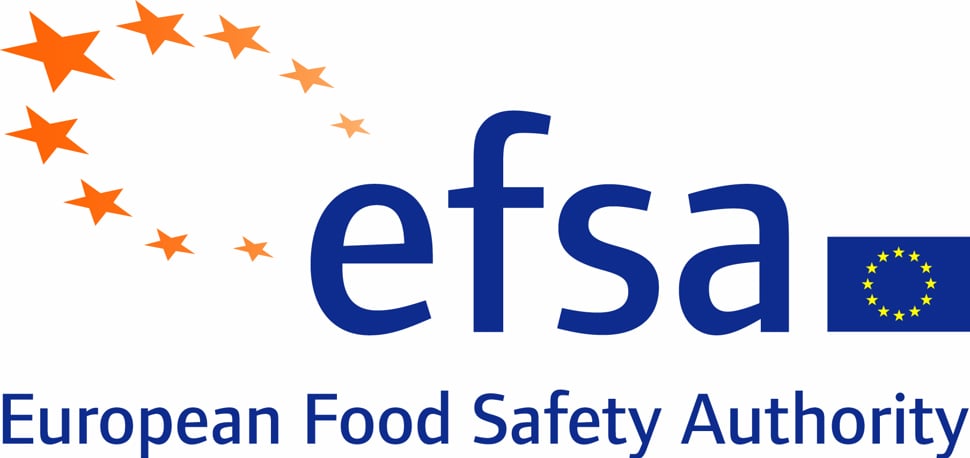
EFSA is part of a comprehensive program to improve the EU’s food safety, ensure a high level of consumer protection and maintain confidence in the EU’s food supply. EFSA is the cornerstone in the EU’s risk assessment of food and fodder safety, and the work forms the basis for the EU’s policies and legislation within the field.
The Norwegian Scientific Committee for Food Safety is the contact point in Norway.
EFSA coordinates its work through a variety of scientific panels and committees. The Norwegian Institute of Public Health works closely with the Norwegian Scientific Committee for Food Safety and has representatives in EFSA scientific panels.
European Medicines Agency (EMA)
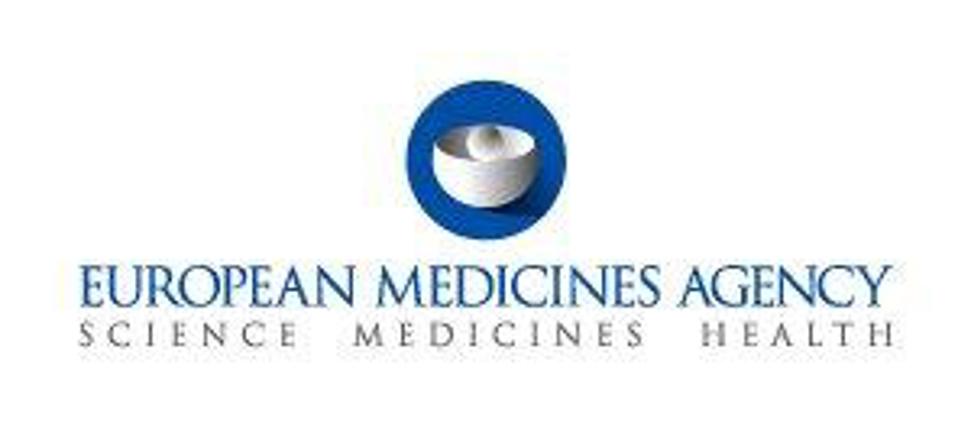
The EMA handles the central procedure for the approval of medicines in Europe and co-ordinates the collaboration between the authorities in the Member States. Two scientific committees under the EMA are responsible for evaluating the medicinal products in use; one for human consumption and one for veterinary purposes.
The Norwegian Medicines Agency (NoMA) represents Norwegian health authorities in the EMA. The Norwegian Institute of Public Health participates in the European Network of Centres for Pharmacoepidemiology and Pharmacovigilance (ENCePP), a scientific multi-partner network.
European Monitoring Centre for Drugs and Drug Addiction (EMCDDA)

The EMCDDA collects, analyses and conveys information about drugs and drug policy issues. The EMCDDA monitors drug use in the different Member States, maintains statistics about drug-related deaths and provides alerts about new drugs. The purpose is to enable Member States to design effective measures against drugs and drug-related problems within a national or joint European framework on the basis of evidence-based knowledge.
Increasing drug use and drug trade concerns authorities in most countries and the topic has therefore been discussed in the Security Council and the United Nations. The EMCDDA coordinates this work.
The Norwegian Institute of Public Health is the Norwegian contact point and contributes with expert advice and Norwegian drug statistics. In addition, experts from the institute participate as specialist advisors in some of the EMCDDA’s expert groups and specialist meetings.
